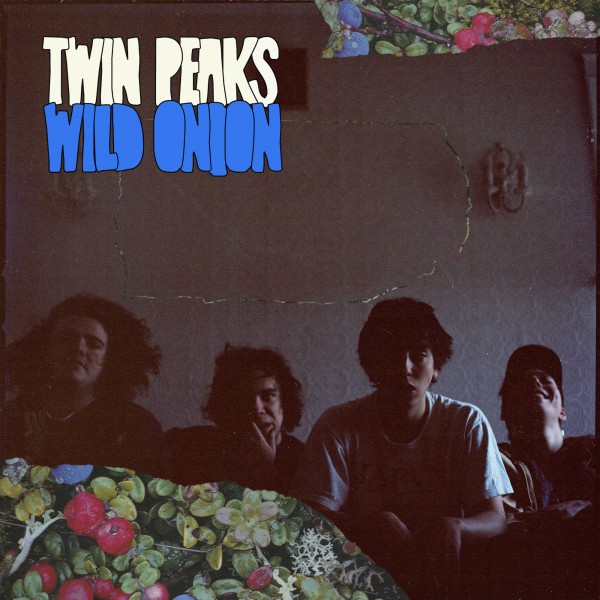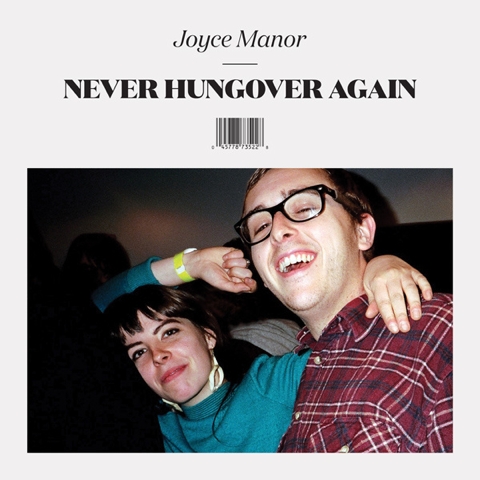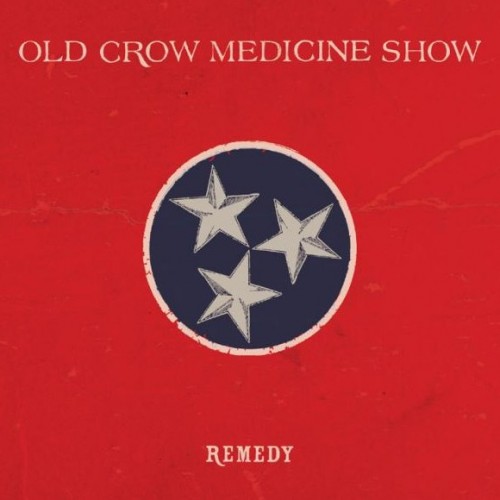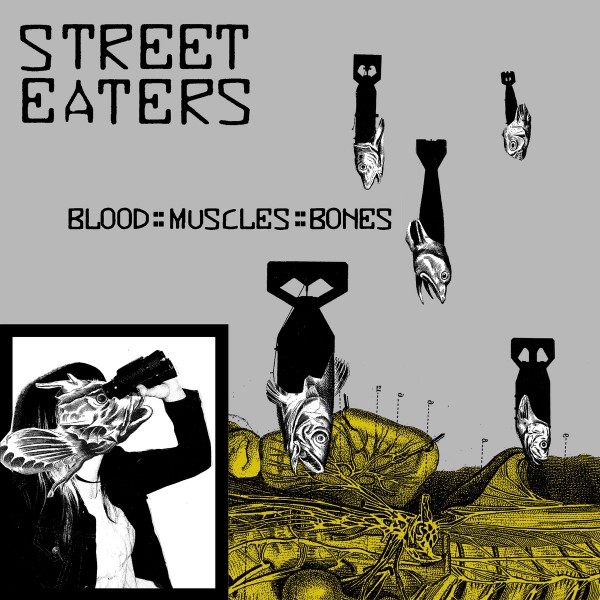 Dikembe – Mediumship
Dikembe – Mediumship





The album artwork may resemble an LSD-soaked version of Where The Wild Things Are, but Mediumship, the second LP from Florida rock quartet Dikembe, is neither hallucinogenic, nor wild.
Instead, it exists somewhere in between, where grunge feels invigorating again and overplayed groups like Nirvana and Mudhoney do more influencing than genre-defining. Dikembe breathes new life into ’90s grunge by successfully recreating its raw emotionality and playing its tricky rhythms tightly as a unit; the band dutifully lays the groundwork for grunge with primal, distorted guitar figures and passionately self-defeating lyrics, but takes the liberty of adding multilayered guitar textures, unusual rhythmic patterns, and crystal-clear audio quality.
The band makes a habit of quickly transitioning from vulnerably relaxed guitar-led grooves to downbeat-heavy sonic explosions (“Even Bother,” “Hood Rat Messiah”). Initially, this seems like an impressive compositional move, but loses steam with frequent use.
Though it sticks to a traditional vocals-guitar-bass-drums setup, Dikembe delivers a fully realized grunge record; these four are the only tools necessary to modernize the genre.
And of the four, the drums play the most vital role in Dikembe’s rhythm-centric, dynamics-governed style. Drummer David Bell’s fills release a bombastic energy into each song, simultaneously mimicking a given guitar riff. Bell’s ear for off-beat rhythms, like the syncopated chorus of “Donuts In A Six Speed,” and ability to create melodies on his drum kit, like the wandering, super-chilled groove that introduces “Snakes In My Path,” are constant perks to Mediumship.
Another perk is Dikembe’s close-knit chemistry. The band thunders through its syncopated songs as a compact unit, executing complex rhythmic patterns in unison with sharp precision.
Sadly, Dikembe’s vocals aren’t executed as precisely. Singer Steven Gray’s unintelligible moans prevent many Mediumship songs from successfully communicating their meaning. During a whined verse of the blaring “Las Vegas Weather,” Gray scratchily croons, “I came to God with a plea/’Let’s put our two heads together/and make a man out of me’/and he said…” But God’s reply remains a mystery, because the chorus launches Gray back into his indecipherable screech. Containing Mediumship‘s least distinguishable vocals and most clearly sung lines, “Las Vegas Weather” presents listeners with the full spectrum of Gray’s vocal abilities.
While Gray’s sloppy diction prevails, a handful of recognizable themes emerge, such as a general lack of safety (“Hood Rat Messiah”), struggle (“Donuts In A Six Speed”), and admissions of guilt (“Gets Harder”).
Its themes may vary, but the majority of Mediumship suffers from dull predictability. Many of Dikembe’s haphazard guitar licks center around the same heavy rhythm, preventing tracks from standing out.
Closer “Throw Lips” keeps on par with Mediumship‘s cookie-cutter gang of thrashing guitar riffs, but doesn’t add anything to Dikembe’s sound or offer much as a closer. By the end of Mediumship, listeners are already familiar with Dikembe’s writing tools, from slurred lyrics and clean electric guitars to overpowering anvils of distortion that flatten them. A single guitar lingers at the tail end of “Throw Lips,” lightly strumming the album to a serene close. This ending doesn’t match the preceding LP’s anguish, but offers a ray of hope for listeners who feel Gray’s pain, whatever that pain may be.
For all its groaned vocals and typical guitar licks, the band recognizes and compensates for its faults; at just over 30 minutes long, Mediumship doesn’t overstay its welcome. Dikembe’s crisply recorded grunge update spends only the time necessary to accomplish its sonic goals, and promptly leaves afterward.
Despite its imperfections, Mediumship is a pretty damn good jam.
Dikembe’s members aren’t just jamming on grunge for the hell of it, they’re avid fans. This dedication fuels Mediumship, most apparently on the raging “Pelican Fly,” which proudly displays a relentless, dissonant chord progression based on its jarring intro riff. The song’s excited haste makes no secret of the band’s personal connection to grunge, and that passion makes “Pelican Fly” the most enjoyable of Mediumship‘s 10 rockers.
By passionately performing its modernized grunge with clean guitars and powerfully syncopated rhythms, Dikembe deliberately resurrects an almost-forgotten style with a vengeance. The band’s sheer love for the raw music it plays carries Mediumship, and proves to be a contagious fever.
Dikembe – Mediumship tracklist:
- “Even Bother”
- “Hood Rat Messiah”
- “Pelican Fly”
- “Las Vegas Weather”
- “Snakes In My Path”
- “24 Karats”
- “Mad Frustrated”
- “Donuts In A Six Speed”
- “Gets Harder”
- “Throw Lips”










